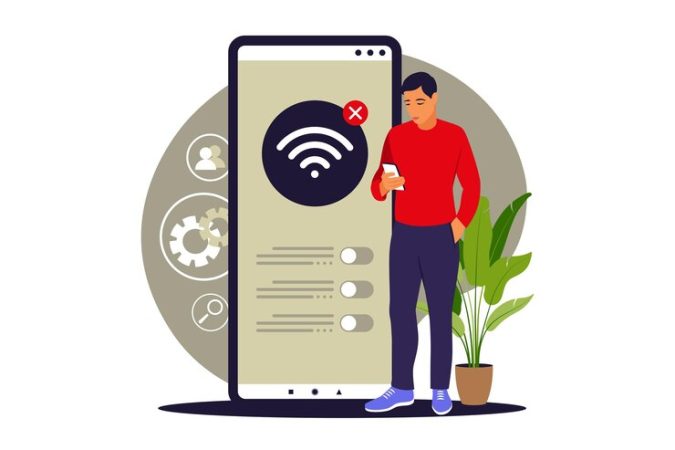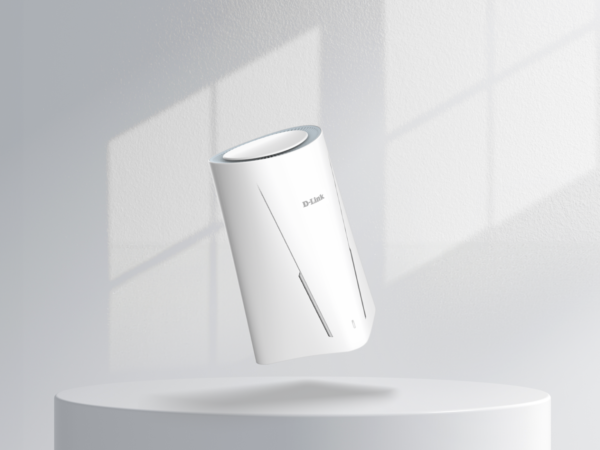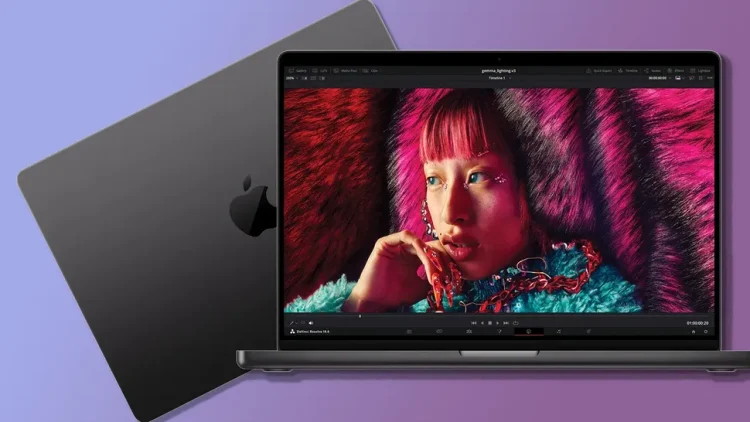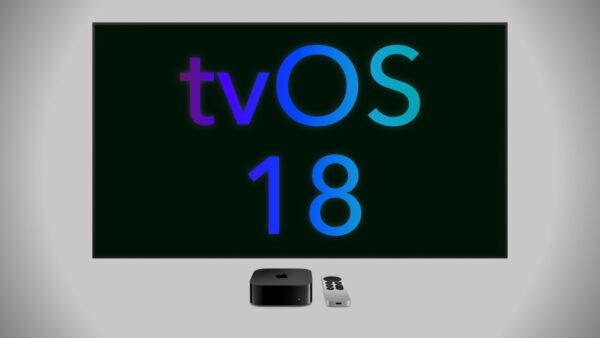
- Effective Tips and Tricks for Optimizing Network Connection on Android
- 1. Utilize Wi-Fi Networks
- 2. Choose the Right Cellular Network
- 3. Disable Unnecessary Features
- 4. Limit Background App Usage
- 5. Clear App Caches
- 6. Use Network Management Apps
- 7. Activate Data Saver Mode
- 8. Use a Fast and Stable VPN
- 9. Regularly Restart Your Device
- 10. Uninstall Unused Apps
- 11. Limit Social Media Features
Digimagaz.com – Optimizing your network connection Android device is crucial for ensuring a better internet experience. In this article, we will discuss several effective steps you can take to optimize your network connection on your Android device. Here are some valuable tips and tricks for enhancing your Android network connection.

Effective Tips and Tricks for Optimizing Network Connection on Android
1. Utilize Wi-Fi Networks
Whenever possible, use Wi-Fi networks to access the internet on your Android device. Wi-Fi tends to be faster and more stable than cellular data connections. Make sure you’re connected to a secure and stable Wi-Fi network to ensure optimal performance.
2. Choose the Right Cellular Network
If you must rely on a cellular data connection, ensure you select the right cellular network. Some telecommunications providers offer choices like 4G or 3G networks. If the 4G signal quality is unstable, opt for the 3G network, which may provide a more stable and better connection.
3. Disable Unnecessary Features
Android devices come with various features that can unnecessarily consume network connections. Disable features such as Bluetooth, GPS, or NFC when you’re not using them. This can help optimize your network connection and save on data usage.
4. Limit Background App Usage
Some apps continue to use your network connection in the background to update content or send notifications. Limit the use of background apps by disabling automatic updates, sync, or non-essential app notifications. This can reduce the network load and boost internet speed.
5. Clear App Caches
Accumulated app caches over time can affect your network performance. Regularly clear app caches to free up space and improve internet speed. You can do this through your Android device’s app settings.
6. Use Network Management Apps
Download network management apps from the Play Store that can help enhance your connection quality. These apps can optimize network settings, improve signal strength, and provide information about signal strength in your area.
7. Activate Data Saver Mode
Some apps and web browsers offer a “Data Saver Mode” option that compresses data being sent and received. Activate this mode in compatible apps to reduce data usage and improve connection speed. This is especially useful if you have limited data or weak signal areas.
8. Use a Fast and Stable VPN
Virtual Private Networks (VPNs) can enhance your security and privacy while using the internet on your Android device. Choose a fast and stable VPN to optimize your network connection. Some VPNs also offer the option to select the fastest servers for your connection.
9. Regularly Restart Your Device
Periodically restarting your Android device can help clear memory and resolve minor issues that might affect your network connection. Make it a routine to restart your device to maintain optimal performance.
10. Uninstall Unused Apps
Apps that are no longer in use can impact your device’s performance and utilize valuable resources, including network connections. Remove unused apps to free up storage space and enhance your Android device’s performance.
11. Limit Social Media Features
Social media features like news feeds and notifications can continuously fetch data and consume network bandwidth. Limit your use of social media features by disabling non-essential notifications or setting specific times for accessing social media.
In conclusion, optimizing your network connection on your Android device is essential for a smoother online experience. By following these effective tips and tricks, you can ensure that your Android device performs at its best, providing you with a fast and reliable internet connection.





